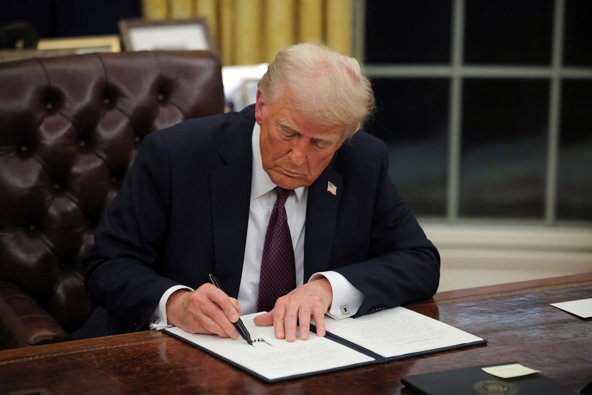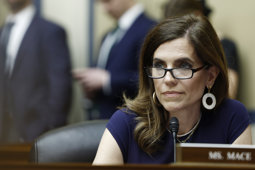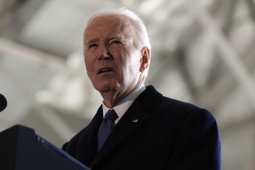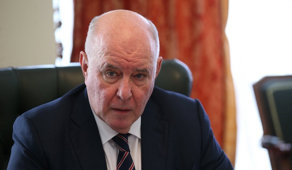
Trump Signs Major Policy Bill as Jobs Data Exceeds Forecast
U.S. economy beats forecasts with 147,000 jobs as Trump signs sweeping policy bill amid fierce political debate.
Trump Defies Economic Pessimism as Jobs Surge
President Donald Trump is celebrating a wave of positive economic news following Thursday’s release of June’s jobs report. The Labor Department reported 147,000 new jobs, significantly above economist forecasts of 110,000, marking the fourth straight month that employment gains have exceeded expectations. As the White House heralds the robust jobs market, Democrats’ predictions of economic collapse under Trump have so far failed to materialize.
White House press secretary Karoline Leavitt noted in a statement, “For the FOURTH month in a row, jobs numbers have beat market expectations with nearly 150,000 good jobs created in June. American-born workers have accounted for ALL of the job gains since President Trump took office and wages continue to rise.” The administration’s confidence is echoed by President Trump himself, who has pointed to strong labor market numbers as evidence that his economic policies are working.
‘One Big Beautiful Bill’ Signed Amid Political Divide
On Friday, President Trump signed into law his landmark domestic policy measure, dubbed the “One Big Beautiful Bill.” The $3.4 trillion legislative package, which narrowly passed both houses of Congress on party-line votes, extends his 2017 tax cuts, eliminates taxes on tips and overtime pay, and makes those tax rates permanent—changes expected to reduce taxes by nearly $4.4 trillion over a decade. The bill also includes increased funding for border security and codifies the administration’s tougher immigration measures.
While Republicans tout the bill as delivering on campaign promises and providing relief to American families, Democrats are sounding the alarm about major spending cuts. The legislation restructures Medicaid and slashes food assistance and housing programs to offset the cost of extended tax cuts, sparking concern among nearly 71 million low-income Americans who rely on these programs. According to the Congressional Budget Office, the measure is expected to increase the federal deficit by roughly $2.4 trillion over ten years.
Despite the administration’s optimism, recent polls reveal a deeply divided electorate. While Trump insists the bill is “very popular” because of historic tax cuts, major national surveys—including those by Fox News, the Washington Post, and Pew Research—find more Americans oppose the measure than support it, with concerns about its impact on families and the national debt. Still, Republican-aligned polling suggests the tax relief provisions enjoy significant support among party voters.
Democrats Launch Aggressive Counter-Campaign
The Democratic National Committee (DNC) responded swiftly with a new campaign accusing Trump of “killing the American dream” through price hikes, market volatility, and the passage of the GOP-backed “One Big Beautiful Bill.” The DNC’s messaging seeks to link Trump’s policies to rising costs for consumer goods, housing, and insurance, warning that cuts to Medicaid and food aid will hit working-class families hardest. DNC Chair Ken Martin called the bill “one of the worst in our nation’s history,” vowing that Democrats will ensure voters understand who is responsible for what he calls a “mess.”
The new campaign is part of the DNC’s broader effort to reclaim support from working-class, minority, and young voters who trended Republican in the last election cycle. With the 2026 midterms looming, Democrats are ramping up organizing and voter outreach, aiming to flip key congressional seats and highlight what they argue are the bill’s harmful effects on health care, food security, and economic stability.
While the economy’s resilience is bolstering the White House’s message, the fierce partisan debate underscores the high stakes for both parties ahead of the midterms. As Trump signs his flagship bill into law and jobs continue to outpace expectations, the American public faces a pivotal moment in the ongoing struggle over economic policy, social programs, and the country’s future direction.






